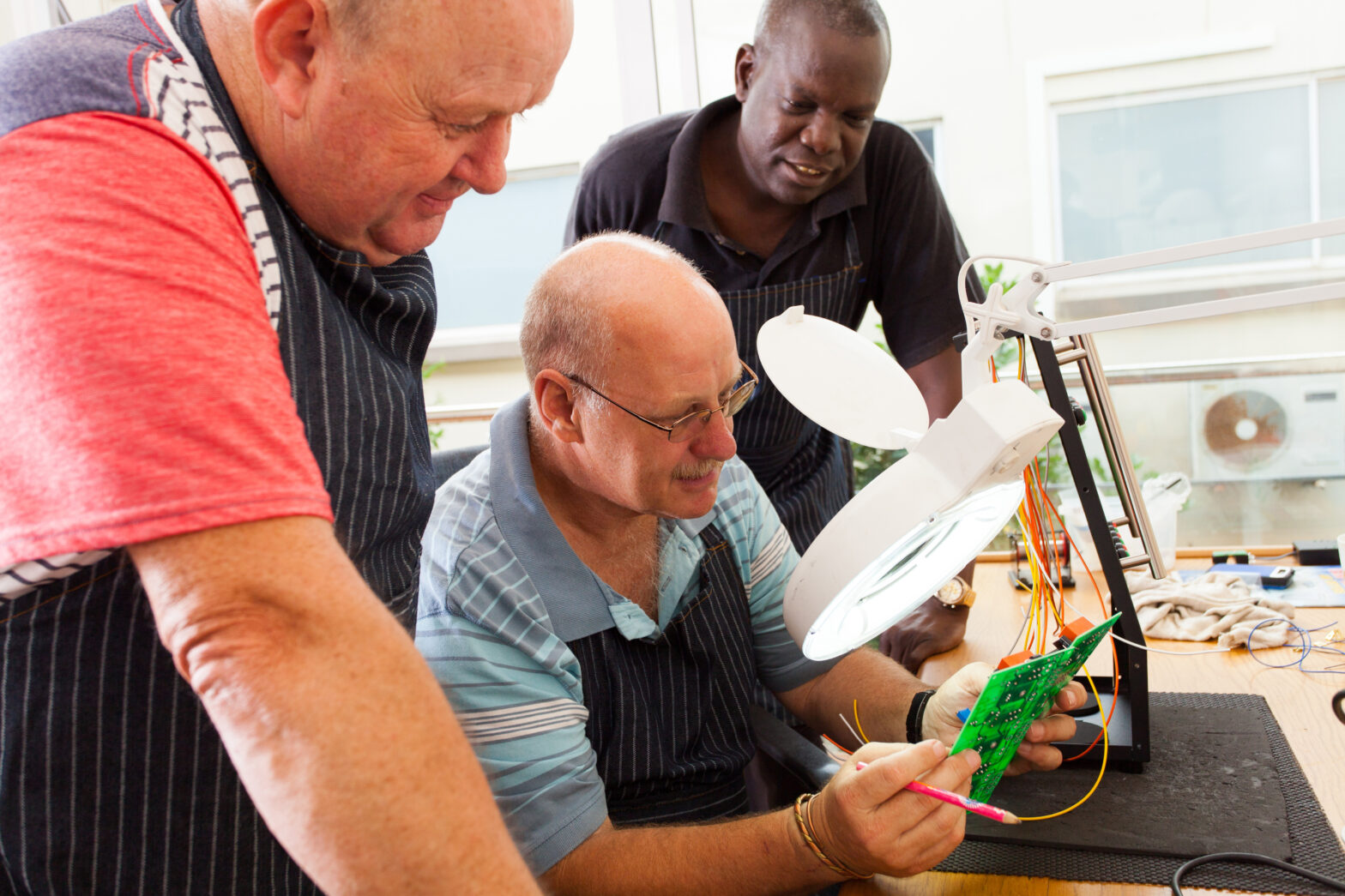Organisations are doing very little to share knowledge and experience between people of different generations, with only 1 per cent of HR respondents, for example, feeling older workers need career development, according to an Ashridge research report.
A significant number of respondents state that their organisation is doing ‘nothing’ that they know of successfully to share knowledge and experience between people of different generations, according to the study ‘Don’t Put Baby (Boomers) in the Corner: Realising the Potential of the Over 50s at Work’.
Of the total number of people who responded to this question, 22 per cent of over 50s and 23 per cent of HR staff state in terms of successful activities in their organisation there were ‘none that I know of’.
The survey of more than 2,000 over-50s shows that older workers are mainly driven by a desire for mental stimulation/being challenged, with 63 per cent believing it ‘very important’.
Some 59 per cent of Baby Boomers rate ‘fulfilment’ (getting things done; a sense of achievement) as very important, and again almost all respondents (93 per cent) rate it as important.
These factors are followed by valuing a ‘sense of purpose’ (a reason to get up in the morning or be busy) and ‘pride’ (doing something valuable for the future), with 49 per cent and 46 per cent rating them as very important respectively.
The report also suggests a number of practical actions organisations could take to help over 50s maximise their contribution and continue to thrive at work. These include taking a more individual and informal approach to career discussions, introducing coaching and mentoring initiatives and exploring options for older workers to get involved in advisory roles or special projects.
Research Fellow Carina Paine-Schofield says the findings are a real wake-up call for organisations to think about how valued their older workers feel and are portrayed, both in and outside the business.
‘Baby Boomers are often in senior positions and are role models for others in the business. If they are not stimulated and engaged at work, the knock-on effect on the motivation levels of others could be enormous,’ she says.
‘Organisations also need to think about how the way they perceive and manage older workers impacts on recruitment and their brand image as an employer.’
Further reading on older workers





